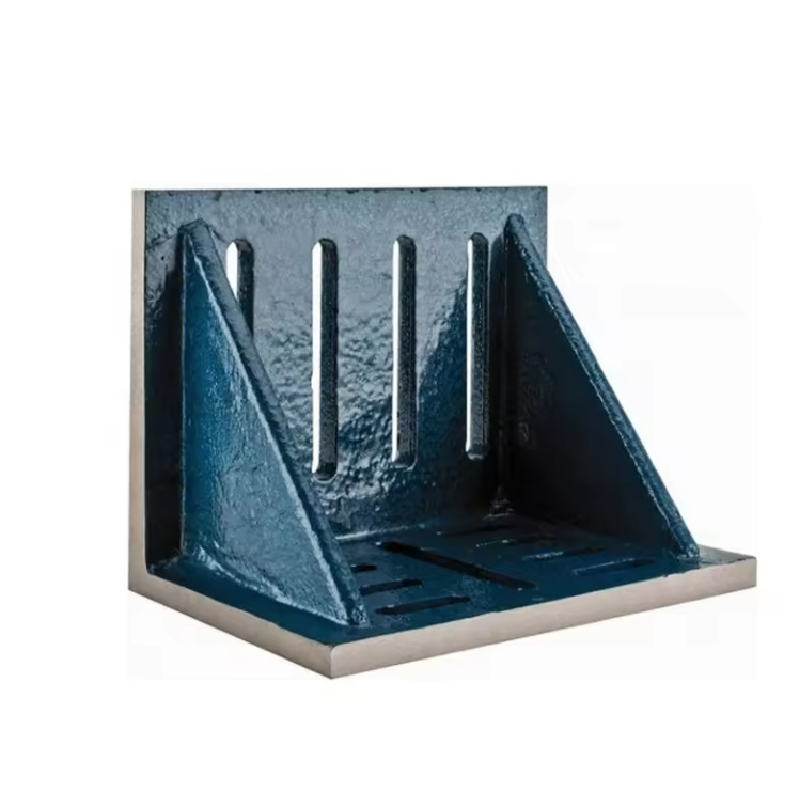12 月 . 04, 2024 09:22 Back to list
Exploring the Advantages and Applications of Steel Check Valves in Fluid Systems
Understanding Steel Check Valves Essential Components for Fluid Control
Check valves are critical components in fluid management systems, allowing fluids to flow in one direction while preventing backflow. Among the various types available, steel check valves are particularly noteworthy due to their durability, strength, and versatility. In this article, we will explore the function, types, advantages, and applications of steel check valves.
Function of Steel Check Valves
A check valve operates automatically. When the fluid pressure in the pipeline exceeds the pressure on the opposite side of the valve seat, the valve opens, allowing flow. Conversely, if the pressure drops, the valve closes, preventing backflow. This design is essential in numerous applications, from water supply systems to industrial processes where the reverse flow of fluids can cause significant damage.
Types of Steel Check Valves
1. Swing Check Valves This type features a disc that swings away from the seat to allow fluid to pass. Once the flow decreases, the disc swings back into its seated position, effectively closing the path. Swing check valves are ideal for applications with high flow rates, as they have low resistance to flow.
2. Lift Check Valves In contrast, lift check valves have a disc that moves vertically. When the fluid flows forward, the disc is lifted off its seat, allowing passage. When the flow reverses, the disc falls back onto the seat. Lift check valves are suitable for high-pressure applications but require sufficient space for installation due to their vertical movement.
3. Ball Check Valves These utilize a ball that sits in a concave seat. When fluid flows in the intended direction, the ball is pushed away from the seat, allowing flow. When backflow occurs, the ball sits back into the seat, sealing the pipe. Ball check valves are known for their simple design and reliability.
Advantages of Steel Check Valves
Steel check valves have several advantages that make them a preferred choice in many industries
steel check valve

- Durability Made from high-strength steel, these valves can withstand high pressures and corrosive environments, making them suitable for both water and industrial applications.
- Temperature Resistance Steel check valves can operate effectively in a wide range of temperatures, which is critical for processes that involve steam or hot liquids.
- Versatility They can be used in various applications, including oil and gas, water treatment, chemical processing, and HVAC systems.
- Low Maintenance Due to their robust construction and reliable design, steel check valves typically require minimal maintenance, contributing to lower operational costs.
Applications of Steel Check Valves
Steel check valves play a vital role in numerous industries. In the oil and gas sector, they prevent backflow in pipelines, ensuring the safe transport of hydrocarbons. The water treatment industry utilizes these valves to maintain one-way flow during filtration and treatment processes, helping to prevent contamination.
In industrial plants, steel check valves are employed in cooling systems, where they prevent backflow that can disrupt operations and cause overheating. They are also essential in HVAC systems, where they help maintain proper fluid dynamics and efficiency.
Conclusion
Steel check valves are integral components in the management of fluid systems across various industries. Their ability to prevent backflow, coupled with their durability and versatility, makes them indispensable for safe and efficient operations. Whether in residential plumbing, large-scale industrial applications, or complex fluid management systems, they ensure that systems run smoothly and reliably. Understanding the different types and their specific applications allows industry professionals to select the right valve for their needs, ultimately contributing to improved system performance and longevity.
-
Y Type Strainers: A Comprehensive GuideNewsOct.18,2024
-
Understanding Water Valve Options for Your NeedsNewsOct.18,2024
-
Functions and TypesNewsOct.18,2024
-
An Essential Component for Fluid SystemsNewsOct.18,2024
-
Adjustment and ReplacementNewsOct.18,2024
-
Slow Closing Check Valves: A Key Component in Fluid SystemsNewsOct.08,2024
Related PRODUCTS









